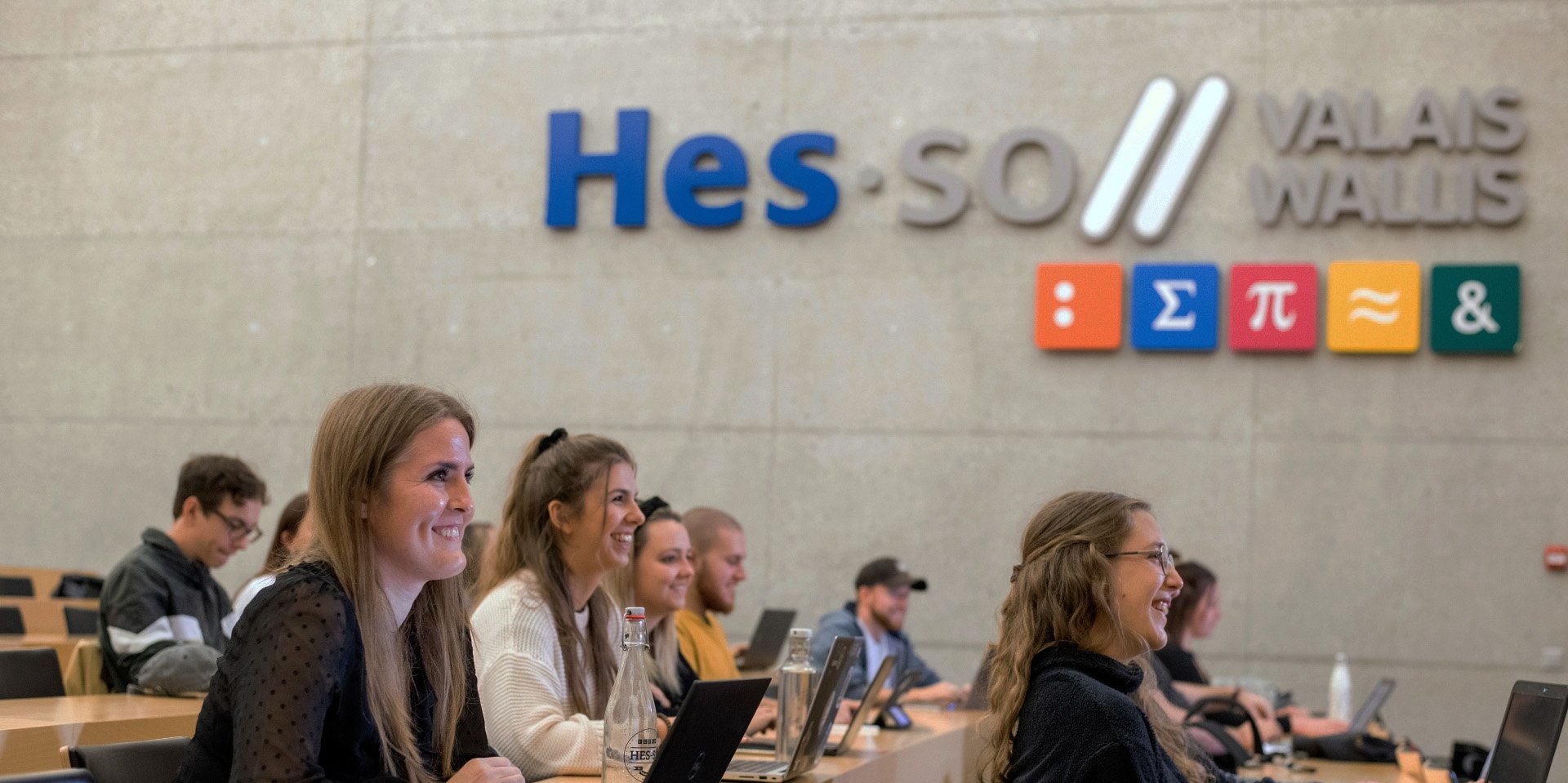City-Stories: Spatio-temporal search over crowdsourced content

A driving force behind the development of novel services tailored to the needs of citizens is the increasing flexibility of social time. Even though city residents may possess valuable information for other citizens visiting their home area, it is hardly usable with today's information systems because of the inevitably scattered information resources. Considering the explosive growth of information, knowledge sharing can ensure valuable interdisciplinary applications and services development. While many organizations propose relevant data sets, they are hardly accessed, analyzed and reused in an integrated way –despite of the enormous added value such integration would have– because of the heterogeneity of formats, the lack of interoperability, and the inappropriate support for information browsing and visualization. The City-Stories platform for data crowdsourcing and spatio-temporal knowledge visualization will overcome these limitations by jointly addressing three tightly coupled challenges. First, data integration responsible for locating, extracting, and syntactically aligning heterogeneous data. Second, novel approaches to spatio-temporal multimedia search and browsing on top of the integrated data, providing users new perspectives and query types to explore these data. Third, the knowledge crowdsourcing and visualization responsible for gathering users' content and enrich this content with linked data services, in order to offer a novel way of knowledge visualization. From a high-level perspective, City-Stories platform is composed of three main modules:
FUNDING
Hasler Foundation